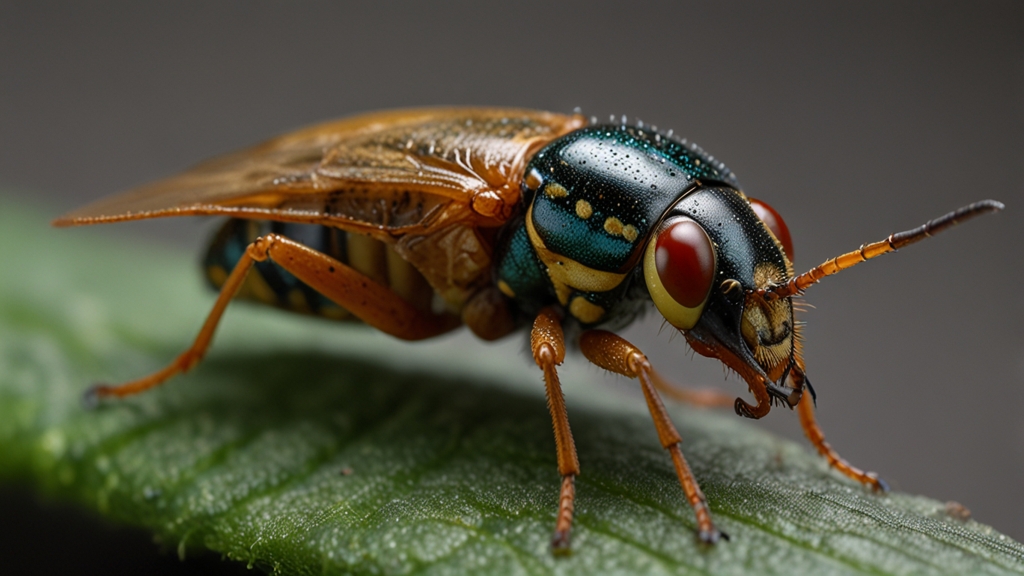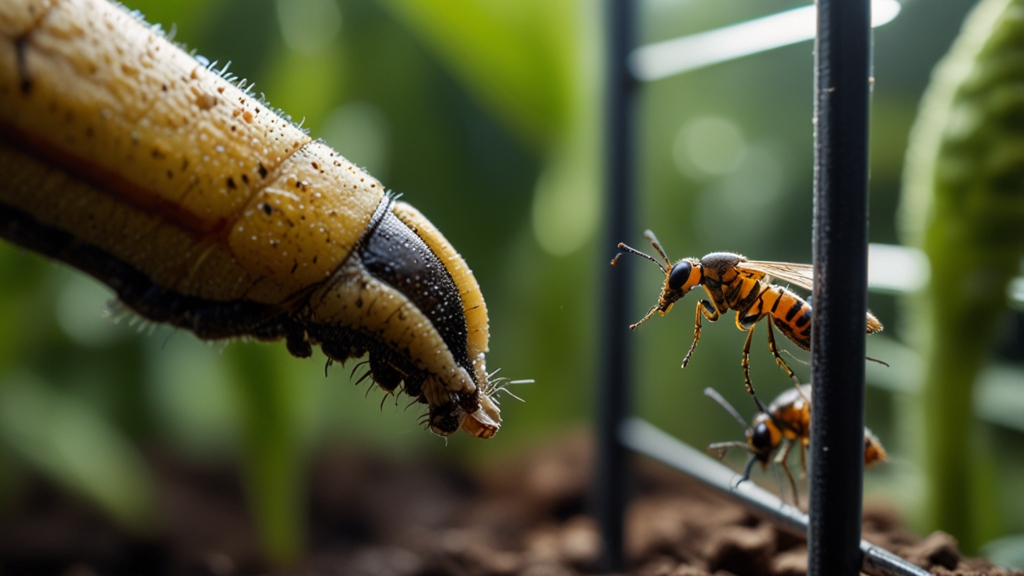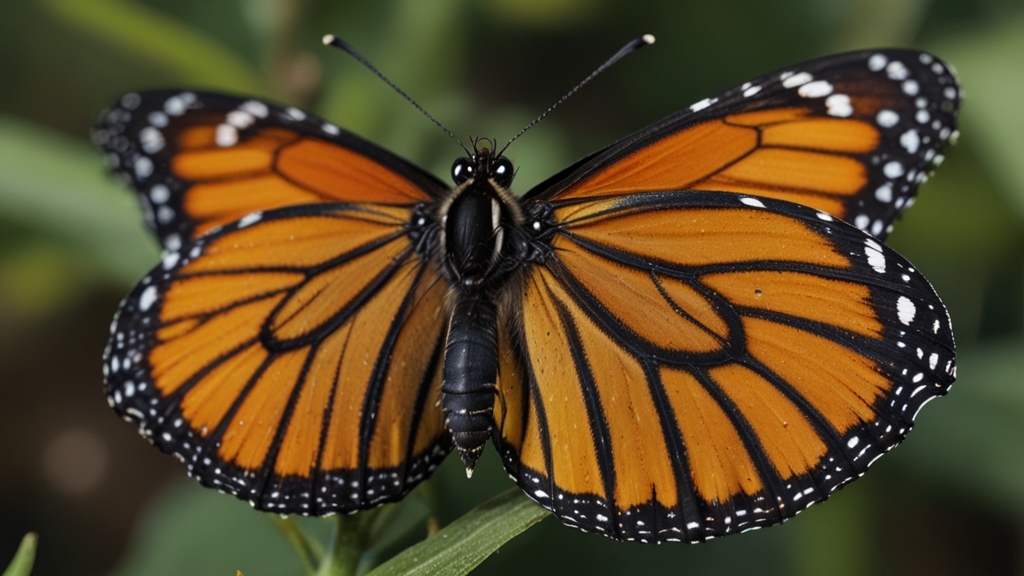A Future Without Frogs: The Silent Threat Facing Amphibians
Amid the cacophony of environmental crises currently facing our planet, the plight of amphibians often goes unheard. Frogs, in particular, are silently slipping away, their decline emblematic of a broader, more insidious threat to biodiversity. As sentinel species, their decline signifies severe ecological distress, warning us of the deteriorating health of their habitats.
The Importance of Frogs in Ecosystems
Frogs play a crucial role in maintaining ecological balance. They are both predator and prey, controlling insect populations and serving as a vital food source for a variety of animals. Tadpoles help maintain water quality by feeding on algae, while adult frogs provide essential nutrients to both terrestrial and aquatic environments when they die. The loss of frogs would thus create a ripple effect, disrupting countless ecosystems worldwide.
“If we save the frogs, we save our planet.” - Dr. Kerry Kriger, Founder of Save The Frogs!
Threats to Frog Populations
Frogs are facing an onslaught of threats, each exacerbating their plight. Climate change, habitat loss, pollution, and disease are chief among these perils. Rising temperatures and shifting weather patterns affect frog breeding cycles and reduce the availability of suitable habitats. Urbanization and deforestation further encroach on their habitats, fragmenting populations and limiting genetic diversity.
Moreover, pesticides and pollutants contaminate the water bodies where frogs live and breed. Chemical runoff from agricultural lands can be lethal, particularly to larvae and younger frogs. Additionally, the global spread of the chytrid fungus poses a catastrophic threat, with the potential to wipe out entire frog populations.
The Chytrid Fungus: An Unseen Assassin
Chytridiomycosis, caused by the chytrid fungus (Batrachochytrium dendrobatidis), has been described as the most significant disease ever recorded in vertebrates. This pathogenic fungus attacks the skin of amphibians, impairing their ability to regulate water and electrolyte levels, ultimately leading to cardiac arrest.
“We've created a perfect storm for the spread of chytrid fungus. Climate change, habitat fragmentation, and international trade have all played a role.” - Dr. Karen Lips, Amphibian Ecologist
The fungus spreads rapidly via water or direct contact, its spores adhering to everything from animal bodies to human footwear. It has already caused the extinction of over 90 amphibian species and continues to threaten countless others.
Global and Local Conservation Efforts
Conservationists worldwide are racing against time to mitigate these threats. Initiatives range from habitat restoration projects and captive breeding programs to stricter regulations on pesticide use. Various organizations are working to raise awareness, promote sustainable farming practices, and halt the spread of invasive diseases.
At a local level, communities can contribute significantly by creating frog-friendly environments. This includes conserving wetlands, reducing pesticide use, and supporting local conservation groups. Educational campaigns can help foster a greater appreciation for frogs and inspire collective action to protect these invaluable creatures.
What Can You Do?
As individuals, our choices matter. Simple actions such as supporting conservation organizations, reducing water pollution, and advocating for environmental policies can make a difference. By being mindful of the products we use and the impact of our daily activities, we can help create a safer world for frogs and other amphibians.
Ultimately, the fate of frogs is intertwined with our own. Their survival is a barometer of environmental health, a measure of how well we are stewarding the natural world. We must heed the silent calls of these amphibians and take collective action to ensure that the future is not one without frogs.
“In the end, we will conserve only what we love; we will love only what we understand; and we will understand only what we are taught.” - Baba Dioum, Senegalese Conservationist








